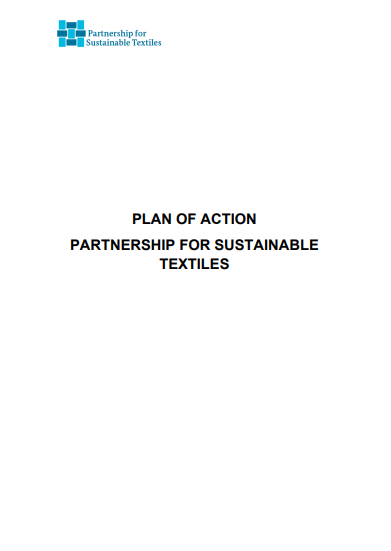PREAMBLE
Tragedies such as the collapse of Rana Plaza in Bangladesh in 2013 have brought the issue of social and ecological standards in global textile production to the forefront of our consciousness. Although responsible companies, trade unions, civil society actors and German development policy are already engaged in working to bring about significant improvements in social and ecological production conditions in many ways, much remains still to be done if we want to prevent similar disasters from being repeated.
This is why the German Government, the textile and clothing industry, retailers, trade unions and civil society are pooling their expertise and joining forces in a Textile Partnership. Binding social, ecological and economic Partnership Standards for the entire value chain of raw material production and textile and clothing production were defined for all Partnership members right from the outset, by joint agreement in the process of founding the partnership. The aim of the Textile Partnership is to implement these standards quickly and in all areas. To this end, the Textile Partnership is putting forward specific implementation requirements and backing these with ambitious deadlines. One of the intended outcomes of this is that internationally recognised guidelines and standards such as the UN Guiding Principles on Business and Human Rights, the OECD Guidelines for Multinational Enterprises or the ILO core labour standards should become reality across the board. All members of the Partnership make their own contribution to achieving the Partnership’s goals, whether in terms of cooperation between the textile industry and its suppliers, in the development-policy dialogue at government level, in international trade union work or the international activities of non-governmental organisations. Consequently, the Partnership also serves as a platform where the various stakeholders can jointly review progress in implementation of the Partnership’s goals, share their experience, discuss best practices and learn from each other.

